Wild urban spaces: Rethinking ecotourism as a mass tourism product

What if the ‘mass’ travel & tourism activities of cities and citizens were ‘sustainable’? Could any of it be counted as ‘ecotourism’? Sudipta K Sarkar explores these questions in this “Good Tourism” Insight.
[Thanks to Jim Butcher for inviting Dr Sarkar to write a “GT” Insight.]
After more than a year of the COVID-19 pandemic, global mobility has been significantly incapacitated leading to manifold adverse effects on the tourism industry across the world. While some rejoice because destinations finally have the chance to heal after years of being overwhelmed by international tourism, many others suffer as places that are socioeconomically-dependent on tourism become horribly desolate.
As the tourism industry and policy-makers struggle to devise ways to keep tourism businesses afloat, different sections of global tourism academia contemplate how a sustainable future of tourism might look in a post-pandemic scenario. Some look to a ‘green recovery’, a ‘green re-set’ and a ‘de-growth’ approach.
Such discussions are not new. They have been going on for well over two decades in the academic discourse on tourism’s sustainability. What difference have they made?
Can mass tourism be sustainable?
Back in the late 1990s, John Swarbrooke in his book Sustainable Tourism Management suggested that sustainability should be embraced by tourism in its entirety instead of just niche markets.
A decade later, Brian Wheeller in his 2010 article entitled “The cost of everything and the value of nothing” indicated that much of the discourse on sustainable tourism, particularly in academia, was still confined to niches rather than mass travel. Indeed, the body of scholarly work on the sustainability of mass tourism was, he argued, largely non-existent. He further lamented many academics’ treatment of mass tourism as a form of ‘low cultural activity’.
Also see Jim Butcher’s “GT” Insight
“Why tourism degrowth just won’t do after COVID-19″
We see the same snobbery in parts of academia now. Even as the pandemic has devastating effects on the travel & tourism industry, mass tourism as an actual or potential positive force for socioeconomic sustainability continues to be overlooked by many academics. Perhaps the reason for their contempt is the perception that mass tourism can only produce negative environmental outcomes.
What is urban ecotourism?
The value of mass tourism as a positive force for sustainability can be observed in cities.
In the mid-90s, the term ‘urban ecotourism’ was coined. ‘Urban ecotourism’ is a form of mass city-based sustainable tourism that seeks to attract a large resident audience to experience natural or nature-based attractions and ecological education close to their homes. Their easy access — and associated low greenhouse gas emissions — contrasts with the ecotourism niche whose ecologically-fragile destinations are often located far from their primary customer markets.
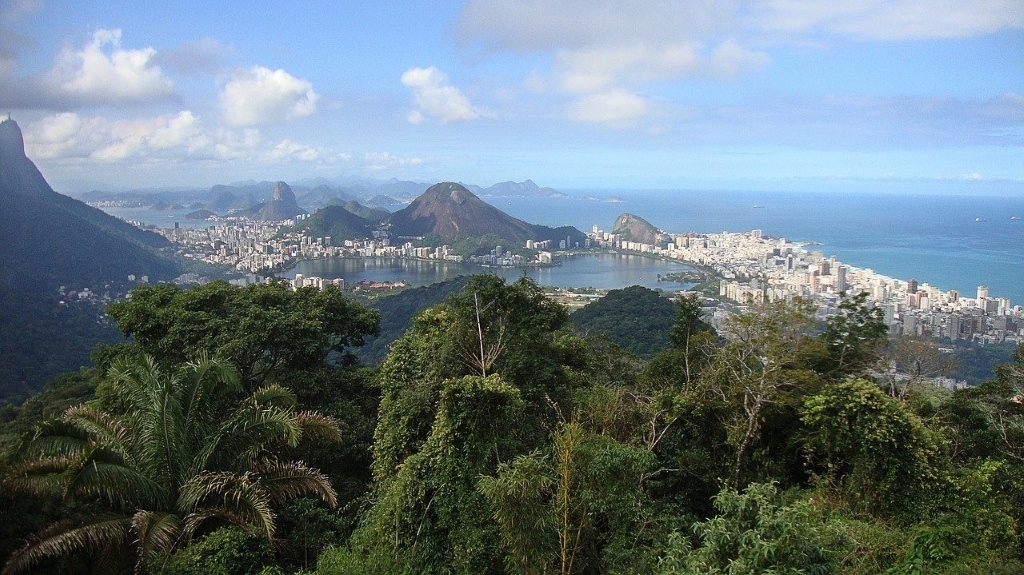
A few scholarly and industry initiatives launched in support of the urban ecotourism concept, especially in the West. For example, the Green Tourism Association (GTA) of Toronto, Canada was a pioneer in advocating ‘urban green tourism’. GTA saw it as a means for residents to explore their city, appreciate and learn about natural areas within it, and engage in a range of nature-based recreational activities.
However, the initial enthusiasm to advance urban ecotourism in scholarly enquiry and in practice has faded.
Is urban ecotourism more sustainable than traditional ecotourism?
The dominant travel trend now, during the coronavirus pandemic, is to travel domestically or to destinations close to home using public transport and forms of personal transportation that are greener than aviation. This phenomenon is largely referred to as ‘proximity tourism’, and popularly manifests as a ‘staycation’.
Proximity tourism means lower carbon emissions. Given the environmental and functional advantages of travel to proximate locales, perhaps the term ‘ecotourism’ should be associated with nature-based destinations within or close to conurbations. The proximity of urban ecotourism sites to centres of population, and their accessibility via mass transit systems and urban transport networks, contrasts with traditional ecotourism.
Traditional ecotourism, which often involves long-haul flights by wealthy people to exotic, remote, and fragile biodiversity hotspots near economically less privileged communities, is not necessarily bad, of course. Indeed it potentially plays an important role in protecting biodiversity and raising the living standards and well-being of its stewards. But it is out of reach of most of us.
Also see Nirmal Shah’s “GT” Insight
“From overtourism to no tourism: What now for conservation?”
Access to nature for well-being, socialisation, recreation, and education is vital, particularly during and in the aftermath of a pandemic and in the context of environmental crisis. Since urban ecotourism facilitates this, it deserves to be considered a sustainable form of tourism despite its ‘mass’ target market. Not only is urban ecotourism an environmentally-sensible nature-based activity, it is also more egalitarian and has social and well-being benefits for local residents.
For hardcore ecotourists, it may sound absurd to compare urban and peri-urban sites with the exotic experiences of the Amazon or the Serengeti. Sure, an urban ecotourism destination may not be as exotic or ‘untouched’, yet it can be just as interesting.
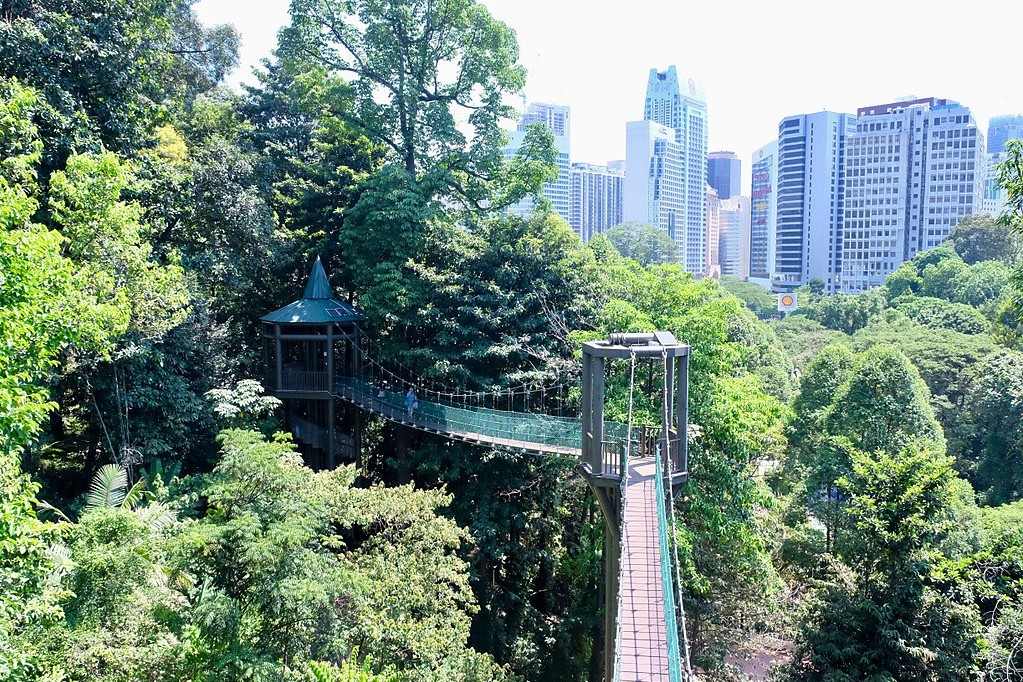
Someone on his/her way to visit the dense rainforests of Malaysian Borneo, for example, might find it interesting to visit the KL Forest Eco Park or the Forest Research Institute of Malaysia (FRIM) while passing through Malaysia’s national capital Kuala Lumpur. Located in the middle of the busy city, the KL Forest Ecopark protects the last remaining patch of virgin rainforest in KL. The FRIM, on the outer fringes of the city, offers nature-based recreation and the opportunity to learn about a wide range rainforest species.
Ecotourism and well-being in East Asia
From a cultural point of view, urban ecotourism resonates well with East Asian philosophies of nature-based tourism.
Whereas ecotourism in the West tends to focus on the environment and its purity, 生态旅游 (shēngtài lǚyóu; ecology tourism) in China often caters to large tour groups and tends to emphasise well-being and personal recreation. The inclusion of aesthetic artificial elements — historical, cultural, and artistic structures — in the midst of nature parks is a feature of shengtai lüyou that also contradicts Western notions of ecotourism.
Also see Erika Jacobson’s “GT” Insight
“Should it all be ecotourism? Reimagining travel & tourism in 2021”
Urban ecotourism attractions, however, which include human-modified natural spaces — zoos, botanical gardens, dams, artificial lakes, avian parks, etc — correspond to a great degree with the spiritual or well-being dimension of shengtai lüyou. The expectation that large numbers of people will look to fortify their health and well-being while appreciating nature makes urban ecotourism compatible with the precepts of shengtai lüyou.
In South Korea too, where Confucian philosophy is also followed, cultural structures relating to 효행 (hyohaeng; filial piety) feature within nature reserves. In the Geumgang Mountains reserve in North Korea this ‘filial piety’ manifests as political propaganda carved into mountainsides, cliff faces, and rocks.
The Japanese lifestyle concept of 森林浴 (shinrin’yoku; forest bathing) involves a trip to a nearby nature spot to engage in minimal activity such as walking or sitting. It aims to establish a connection with nature via the five senses.
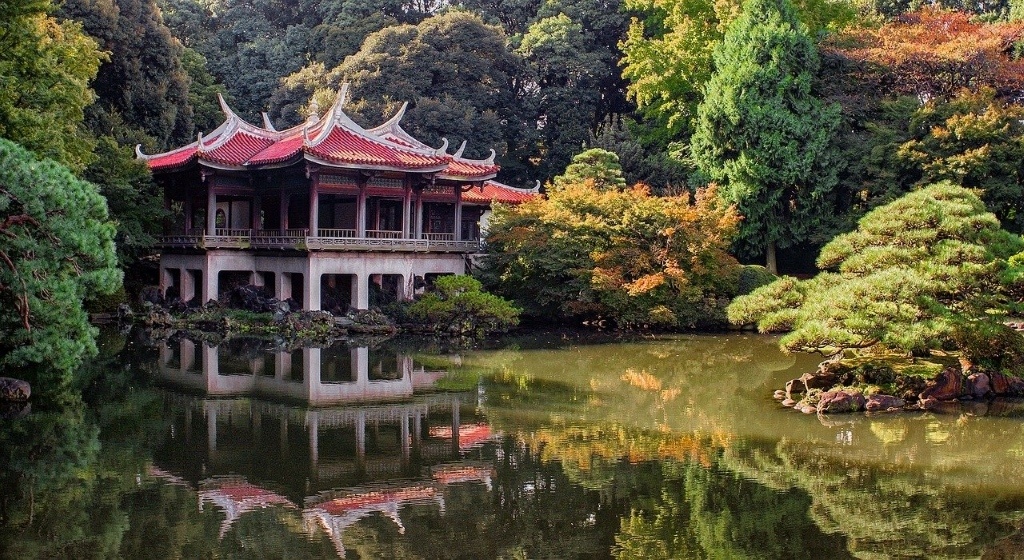
This more human-centred view of eco- and nature-based tourism has been written about in scholarly works in East Asian languages. Many East Asian cities offer such facilities to their residents.
In some respects the East Asian conceptions of ecotourism resonate with notions of ‘well-being’ and other ideas that now inform our understanding of tourism in the West. They certainly chime with the concept of urban ecotourism.
Urban ecotourism done well ticks all the sustainability boxes
Amid all the calls for sustainable tourism now and in the wake of the pandemic, without its democratisation the environmental and climate change battle we are fighting cannot reach a desirable outcome. A ‘mass’ sustainable tourism that enables the participation of the broader public is a more prudent way forward.
From an ecological point of view, urban natural areas are likely to be resilient given the challenges that they have already faced through the development of cities and modern infrastructure. Though such areas will have suffered damage or even destruction to varying degrees in their history, their very survival within or alongside busy urban centres suggests adaptability. This cannot be said about traditional ecotourism destinations, which, by definition, are relatively naive to humans. And combined with the short-haul travel required to access one, this resilience makes an urban ecotourism destination an appropriately environmentally-conscious choice for a prospective traveller.
Also see Tom Allen’s “GT” Insight
“Losing Lutruwita: Tourism troubles in Tasmania’s wilderness”
From a social point of view, urban ecotourism provides visitors, many or most of whom are residents of the city, with the opportunity to meet, interact, and spend quality time with each other. Socialisation is immensely helpful in enriching well-being, bonding, kinship, and, in this context, the collective appreciation of nature and the environment.
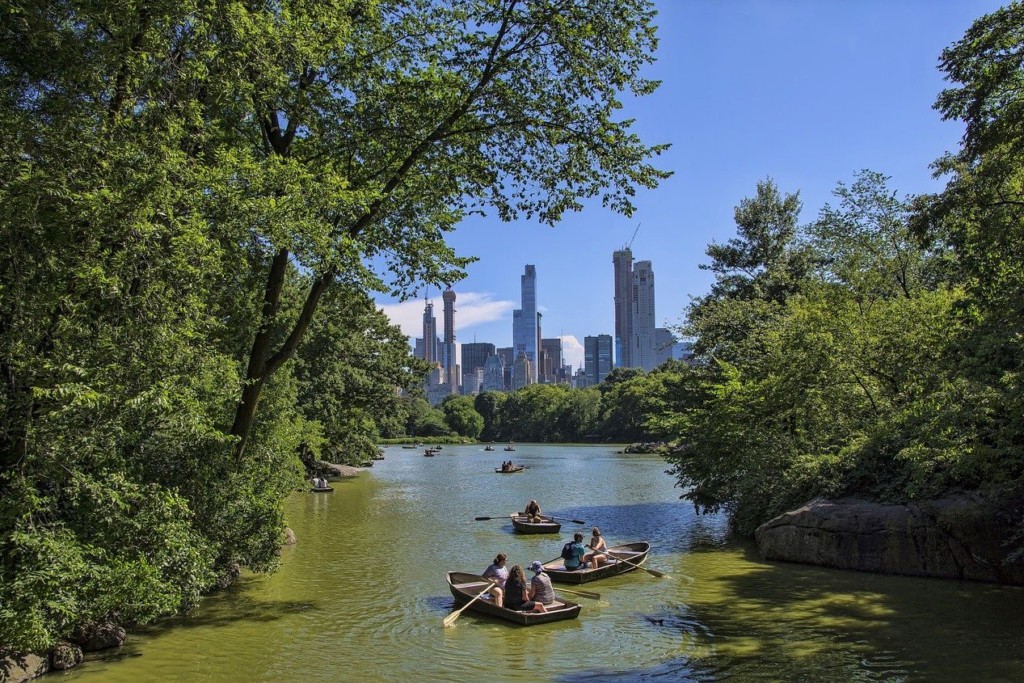
From the economic point of view, given that urban ecotourism allows larger groups to enjoy nature-based experiences, economies of scale can be achieved. For private ventures, economies of scale support pricing that is affordable to most, if not all, city residents. For governments considering urban ecotourism, economies of scale offer a sound cost/benefit argument for the investment of public funds.
Where ‘purpose’ is a replacement for economics or ‘profit’ in the sustainability paradigm, or is an additional ‘bottom line’, then the goal of sustainability itself may represent collective purpose. At the level of the individual, urban ecotourism in all its potential can help to elicit purpose as physical health and sense of well-being improves.
Sustainability starts at home
To recall Swarbrooke and Wheeller, sustainability should be in all forms of tourism, and the potential value of mass tourism must be recognised in this context. Niche ecotourism, while it has its place, satisfies neither the desires of the masses nor tackles the broader environmental imperatives we all face. If we want to make mass tourism more sustainable, then urban ecotourism must surely be a useful means to achieving this.
Also see Tanner C Knorr’s “GT” Insight
“On the fringes: When a city’s tourism policy failed the urban outskirts”
Urban centres may be castigated as the heart of a problematic capitalism, but they are where most climate-related demonstrations and activism has taken place in the recent past. Environmental think tanks, universities, and advocacy groups for environmental conservation and marginalised rural communities mostly reside, ironically, in the liberal and cosmopolitan environments that cities offer. Surely that repository of intellectual knowledge on environmental and cultural issues can be harnessed to develop sustainable urban eco-experiences that are accessible to all. Let’s work together to make ecotourism an accessible and sustainable urban phenomenon.
I travelled miles, for many a year,
Spent riches, in lands afar,
I’ve gone to see the mountains, the oceans I’ve been to view.
But I haven’t seen with these eyes
What two steps from my home lies
On a sheaf of paddy grain, a glistening drop of dew.
_ Rabindranath Tagore
What do you think? Share a short anecdote or comment below. Or write a deeper “GT” Insight. The “Good Tourism” Blog welcomes diversity of opinion and perspective about travel & tourism because travel & tourism is everyone’s business.
Featured image (top of post): ‘Urban Jungle’ by Pelle Sten (CC BY 2.0) via Flickr.
About the author

Sudipta K Sarkar is a senior lecturer in tourism management at Anglia Ruskin University in Cambridge, UK. With a PhD from the School of Hospitality & Tourism Managment at the Hong Kong Polytechnic University, Dr Sarkar has been an educator since 2001 in Hong Kong, India, Malaysia, South Korea, and the UK. Sudipta has authored and co-authored book chapters, journal articles, and conference papers in the areas of socialisation among ecotourists; sustainability and social media; ecotourism in urban areas of Asia; technology and sustainability; tourism education; and peace and gender issues. He has also received accolades from higher education and student bodies for his contributions to culinary entrepreneurship and tourism.


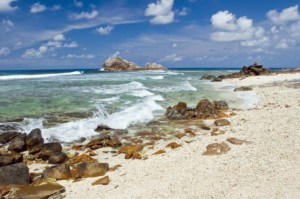

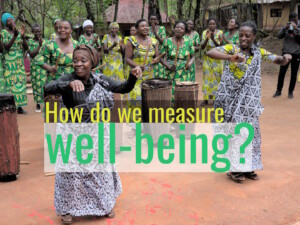
![Wild urban spaces: Rethinking ecotourism as a mass tourism product 11 Professor Valeria Minghetti: "[B]e curious. Never stop asking yourself questions. Curiosity and the desire to find solutions is what makes a difference ..."](https://www.goodtourismblog.com/wp-content/uploads/2024/05/Professor-Valeria-Minghetti-300x225.jpg)